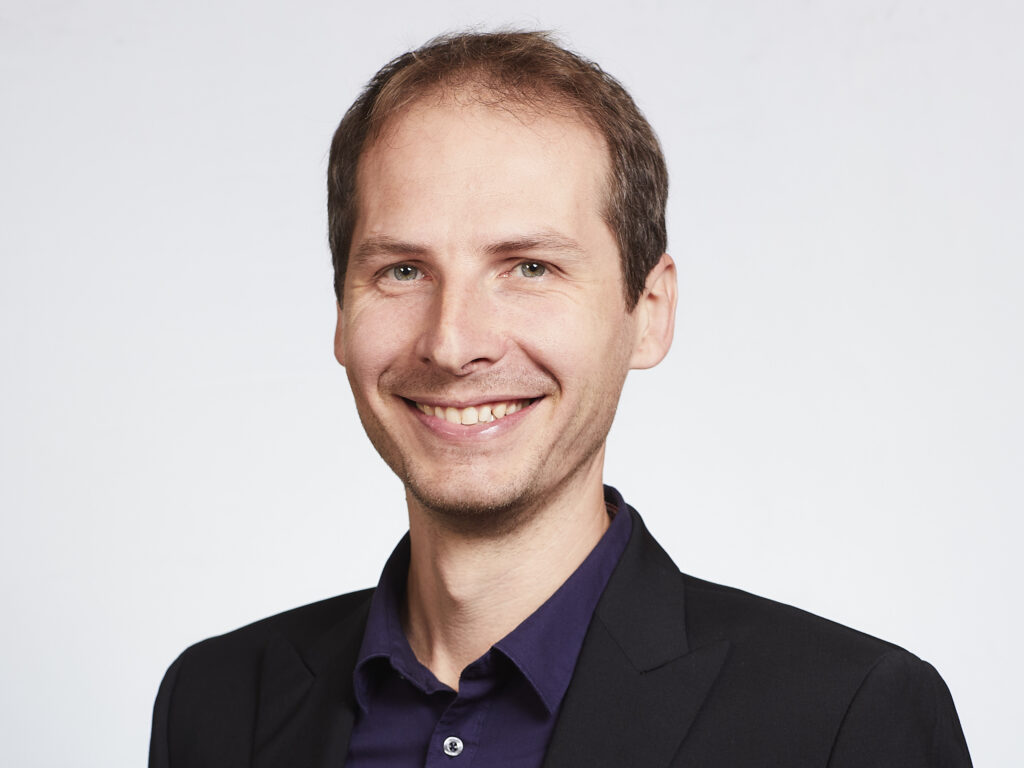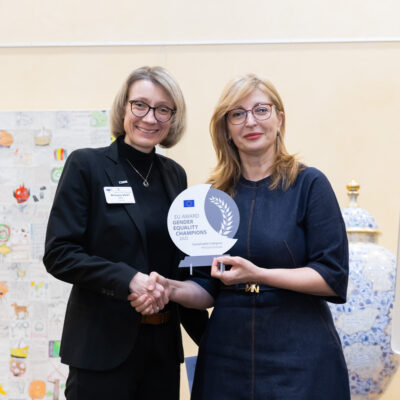Due to stress, deadline pressure, and the urge to improve performance, many people turn to legal or illegal substances to enhance their cognitive performance—that is, their concentration, alertness, or memory. Researchers from Bielefeld University, the University of Cologne, the Institut de recherches cliniques de Montréal in Canada, the University of Erfurt, and University Hospital Cologne have investigated how many people actually use such ‘neuroenhancers’ (i.e., brain doping drugs) and what their personal background is. Data were analysed from more than 22,000 participants, making this the largest representative study to date on the prevalence of neuroenhancers in Germany.
The study, published in the journal ‘Deviant Behavior’, is part of the ‘ENHANCE’ project, led by Dr Sebastian Sattler from the Faculty of Sociology at Bielefeld University together with Professor Dr Guido Mehlkop from the Faculty of Political Science at the University of Erfurt. The project is funded by the German Research Foundation (DFG). Previous studies were based on significantly fewer cases, often did not use representative samples, or delivered ambiguous findings. Existing studies are also several years old. The ENHANCE study now provides solid, new data.
Caffeinated drinks are way in front, followed by food supplements and home remedies
The survey recorded whether and how often participants had used legal substances such as caffeine and caffeine tablets, food supplements and home remedies, prescription drugs, as well as illegal drugs to boost their cognitive performance in the past without any medical need. The survey also asked about personal characteristics such as age, gender, educational background, employment status, and income.
According to the survey, a total of seven out of ten respondents (69.9 per cent) had taken at least one of these performance-enhancing substances in the past twelve months with many of them also consuming more than one substance.
The most common substances were caffeinated drinks, which include energy drinks as well as coffee: 64.2 per cent of respondents stated that they had consumed these in the past twelve months with the express aim of enhancing cognitive performance. Food supplements and home remedies such as Ginkgo biloba were the second most frequently used neuroenhancers (31.4 per cent); 3.7 per cent of respondents also stated that they were currently taking prescription drugs without medical need (over their lifetime: 5.5 per cent), which corresponds to around 2.5 million users (lifetime: 3 million).

©
40 per cent can imagine taking drugs to enhance performance
‘Of these people, almost one in three even stated that they had used such drugs 40 times or more within a year,’ says Sattler, lead author of the study. Around 40 per cent of respondents do not fundamentally rule out the future use of such drugs to boost performance. ‘This figure surprised us. There seems to be a great willingness to take performance-enhancing drugs for which there is no medical need.’
In addition, 4.1 per cent of those surveyed stated that they had taken cannabis in the past twelve months, presumably in order to recover from stress or to stimulate their creativity. The use of other illegal substances, such as cocaine or amphetamine, was rather rare at 1.4 per cent in the twelve-month period.
The use of different substances varies across social groups. According to Sattler, it is interesting to note, for example, that men are more likely than women to use caffeine tablets and illegal drugs such as cocaine to boost their mental performance. There is also a greater prevalence of illegal drugs in urban compared to rural areas.
Connection between age and substance use
Three age-specific trends in neuroenhancer use can be seen in the study:
- ‘To boost their performance, people aged 35 to 44 and younger consume caffeinated drinks and caffeine tablets significantly more often than older people,’ says Professor Dr Guido Mehlkop from the Faculty of Law, Economics, and Social Sciences and the Institute for Planetary Health Behaviour at the University of Erfurt.
- This age group is the least likely to take prescription drugs without medical need to improve their performance, but younger and older people use them significantly more. ‘We wonder why that is,’ says Mehlkop. ‘In older people, it could be assumed that their mental performance is declining and they want to compensate for this in order to continue to fulfil the requirements of their job.’
- Illegal substances, on the other hand, are used mainly by younger people up to the age of 34. After that, the likelihood of their use is greatly reduced.
Consumption based on personal expectations despite sometimes little evidence
According to Sattler, it is interesting to see that many people take substances even though it is unclear whether they really enhance cognitive abilities such as concentration and memory. They act on the basis of subjective beliefs and hopes because, for example, acquaintances tell them about these substances or they have read about them on social media—as is the case with homeopathy. However, they risk side effects such as nausea, high blood pressure, and sleep disorders. In some cases, taking these substances can lead to people overestimating their own abilities.
According to co-author Professor Dr Uwe Fuhr from the Centre for Pharmacology at Cologne University Hospital, there certainly are substances that also have performance-enhancing effects in healthy people: ‘Drugs containing the active ingredients modafinil or methylphenidate, which are prescribed for conditions including daytime sleepiness and attention-deficit/hyperactivity disorder (ADHD), can improve certain aspects of cognitive performance not only in people with such indications but also in healthy people. However, not everything that is currently being taken has the desired effect.’
Questionable behaviour in many ways
Mehlkop points to the legal, social, and ethical implications arising from the side effects of such performance-enhancing drugs. ‘One question is whether they provide an unfair advantage comparable to that of doping in sport,’ he says. In addition, people often expose themselves to unknown health risks when combining such substances.
According to Sattler, who is also a member of the Center for Uncertainty Studies (CeUS) at Bielefeld University, this raises the question of prevention: ‘How can working life and society be organized to minimize the risks?’ To this end, employers should create better working conditions by, for example, reducing uncertainty through fixed-term contracts or by curbing overtime. Guido Mehlkop suggests offering stress and resilience training in cooperation with health insurance companies. Healthier alternatives such as sport, meditation, and restful sleep should also be publicized better. One research question is whether such strategies can reduce substance use. Answers to this are expected at the ENHANCE Conference from 10 to 12 December at Bielefeld University’s Center for Interdisciplinary Research (ZiF).
Deviant Behavior
The journal is the only peer-reviewed scientific journal that deals exclusively with social deviance. It has an impact factor of 1.6 (2022).
Original publication:
Sebastian Sattler, Floris van Veen, Fabian Hasselhorn, Lobna El Tabei, Uwe Fuhr, Guido Mehlkop (2024): Prevalence of Legal, Prescription, and Illegal Drugs Aiming at Cognitive Enhancement across Sociodemographic Groups in Germany. Deviant Behavior, https://doi.org/10.1080/01639625.2024.2334274, available open access since 15 May 2024.
Further information:
- DFG Project ‘Cognitive Enhancement in Germany: Prevalence, Procurement Strategies, Causes, and Implications’ (ENHANCE)
- Website for the conference at the Center for Interdisciplinary Research




